Transcription
NSOL
Lesson 10
Grade
William Goehler #K77832
POW 409020, A2-233
Ione, Califelony 95640
Q73: How does a truly great person respond in the face of bad actions?
A73: We maintain our personal Space. True greatness merely refuses to change in the face of bad actions. A truly great person loves his fellows because he understands them.
Q74: Do you agree that a person should love despite all provocations or reasons to do otherwise? Explain.
A74: For those who cannot, there is only sorrow, hatred and despair. Understanding dysfunctional people do what they do and commit wrongs based upon aberrated perception, mercy is warranted - in most cases.
Q75: Why is it important to be able to detect the Anti-Social Personality?
A75: Influencing as it does the daily lives of so many, it well behoves decent people to become better informed on the subject. Where life has become rough and is failing, a careful review of the area by a trained observer will detect one or more such personalities at work. An understanding and ability to recognize such personalities could bring a major change in society and our lives.
Q76: List several of the attributes that help one detect an Anti-Social Personality.
A76: Such a person deals mainly in bad news - and speaks only in very broad generalities "They say..." "Everybody thinks..." "Everyone knows..." particularly when imparting rumor. Such a person deals in critical or hostile remarks, invalidation and general suppression. They alter, to worsen communication, when they relay a message or news. This type of personality supports only destructive groups and rages against and attacks any constructive or betterment groups. Helping others is an activity which drives the Anti-Social Personality nearly berserk. Activities which destroy in the name of help, however, are closely supported. Surrounding such a personality we find cowed or ill associates or friends who, when not driven actually insane, are yet behaving in a crippled manner in life, failing, not succeeding.
Q77: What is the basic reason the Anti-Social Personality behaves as they do?
A77: A hidden terror of others. To such a person, every other being is an enemy to be destroyed. The fixation is that survival itself depends on "keeping others down" or "keeping people ignorant".
Q78: Why is self-criticism a luxury the Anti-Social Personality cannot afford?
A78: Because they are in continual danger - in their own estimation. The pity of it is, they will not permit themselves to be helped and would not respond to treatment if help were attempted.
Q79: Why is it vital to know who the SOCIAL Personalities are in a group or society?
A79: These are the people who must have rights and freedom, as society prospers solely through the efforts of Social Personalities.
Q80: List some of the primary characteristics of the Social Personality.
A80: They are specific in relating circumstances and relay communication without much alteration and, if deleting anything, tends to delete injurious matters. They are eager to relay goodness and reluctant to relay bad. They tend to select correct targets for correction. It is often enough to point out unwanted conduct to completely alter it for the better. The friends and associates of the Social Personality tend to be well, happy and of good morale. The Social Personality helps others and ACTIVELY resists acts which harm others.
NSOL
Lesson 11
Grade
William Goehler #K77832
POW 409020, A2-233
Ione, Califelony 95640
Q81: What is a Third Party, and why can a Third Party be hard to see or detect?
A81: The Third Party is an instigator of conflict. The hidden bystander who denies any part of it is usually the unsuspected and "reasonable" supporter of only one side.
Q82: Can any conflict be resolved? Explain.
A82: There are no conflicts which cannot be resolved unless the true promoters of them remain hidden.
Q83: What is the only solution for a dishonest person?
A83: Accountability! Face up to responsibilities and get back into communication with his fellow man. The least free person is the person who cannot reveal his own acts and who protests the revelation of the improper acts of others. On such people will be built a future political slavery where we all have numbers - and our guilt - unless we ACT!
Q84: Do you agree that freedom should be for honest men? Explain.
A84: Of course! Yet, Man cannot be free while there are those amongst him who are slaves to their own terrors. To preserve freedom, one must not permit men to hide their evil intentions. To be free, a man must be honest with himself and his fellows. If a man uses his own honesty to protest the unmasking of dishonesty, then that man is an enemy of his own freedom. We can stand in the sun only so long as we do not let the deeds of others bring the darkness.
Q85: How is reason Man's greatest weapon?
A85: The ultimate in reason is the ultimate in survival. In the absence of extended reasoning powers, moral codes become vital. If a moral code were thoroughly reasonable, it could at the same time, be considered thoroughly ethical. But only at this highest level could the two be called the same.
Q86: Explain why no one would survive without the use of ethics.
A86: Ideals, morals, ethics, all fall within understanding survival. One survives so long as he is true to himself, his family, friends, the laws of the universe. When he fails in any respect, his survival is cut down. Ethics are the actions an individual takes on himself in order to accomplish optimum survival for himself and others on all dynamics. Ethical actions are survival actions. Without a use of ethics we will not survive.
Q87: How can a person determine if an act is good or bad?
A87: To be good, something must contribute to the individual to his family, his children, his group, Mankind or life. Acts are good which are more beneficial than destructive along these dynamics.
Q88: Give examples of good conduct and evil conduct.
A88: A cure which saves a hundred lives and kills one is an acceptable cure - this is good. Vis-a-vis: that idealistic zealot who intended to blow-up a hundred lives, was evil. The greatest good for the greatest number of dynamics is what determines good conduct vs. evil conduct.
NSOL
Lesson 12
Grade
William Goehler #K77832
POW 409020, A2-233
Ione, Califelony 95640
Q89: How do morals differ from ethics?
A89: Morals should be defined as a code of good conduct. Morals are actually laws, i.e. other-determined cause, whereas Ethics actually consists of self-determined rationality/reason toward the greatest good for the greatest number of dynamics.
Q90: Why are morals a vital and necessary part of any culture?
A90: In the absence of extended reasoning powers, e.g. Ethics, moral codes, e.g. laws, provide for better survival of a culture.
Q91: When is justice used and when should it cease?
A91: When an individual fails to apply ethics (reason) and fails to follow the morals of the group, justice enters in. Justice actions cease when reason is restored.
Q92: Give an example of a correct use of justice.
A92: Drunk drivers violate survival dynamics on many levels. Justice enters in to restrict this person's out-ethic conduct threatening the safety of others until such time as they either cave* themselves in or rehabilitate reasonable conduct.
Q93: Why do you get trouble when ethics and justice are substituted for each other?
A93: Ethics are not to be confused with justice. Justice is used only after a failure of the individual to use ethics on himself.
Q94: To what degree will an individual's dynamics remain in communication? Explain.
A94: An individual's dynamics will be in communication to the degree that he is applying ethics to his life. A clean heart and clean hands are the only way to achieve happiness and survival. The optimum solution to any problem presented by life would be that which leads to increased survival on the majority of the dynamics.
Q95: How do destructive acts on one dynamic affect the others?
A95: When a person does destructive acts, they are inherently prone to caving* themselves in to restrain themselves from committing more harmful acts, they start withdrawing and withholding themselves from the area they have harmed. A person who does this becomes less and less able to influence his dynamics and thus becomes a victim of them. This phenomena is known as the Dwindling Spiral: "1 - one commits overt acts unwittingly. He seeks to justify them by finding fault or displacing blame. This leas to further overts* against the same terminals which leads to a degradation of himself and sometimes those terminals.
* W/C (92) Cave-In (adjective), mental and/or physical collapse to the extent that the individual cannot function causatively. The individual is quite effect.
* W/C (95) Overt Act: an intentionally committed harmful act committed in an effort to resolve the problem. That thing which you do which you aren't willing to have happen to you. An overt act is not just injuring someone or something: an overt act is an act of omission or commission which does the least good for the least number of dynamics or the most harm to the greatest number of dynamics.
NSOL
Lesson 13
Grade
William Goehler #K77832
POW 409020, A2-233
Ione, Califelony 95640
Q97: What is a Merchant of Chaos and why do they attempt to make the environment as threatening as possible?
A97: The Priest, the Politician, the Reporter, the drug manufacturer, the arms manufacturer, the Police, the Undertaker, name a few. It is in their interest to make the environment seem as threatening as possible. Their incomes force and power rise in direct ratio to the amount of threat they can inject into the surroundings of the people.
Q98: Give an example, from your observation, of someone attempting to generate a dangerous environment.
A98: Fourth Estate Demagogues* get rich alarming the people whose only reality is projected by the (fake) news media. This aberrated reality of the masses is then projected upon the noosphere*, which then reflects back a 'common knowledge' creation of Apathy, sub-apathy phenomena.
Q99: How does truth defeat the Merchant of Chaos?
A99: It takes more than truth alone, I'm afraid. It also requires persistence and/or integrity. The Third Party instigators can't stand up to scrutiny... but few whistleblowers are able to withstand their stratagems of attrition, I've learned.
Q100: Why is the true story of Scientology a threat to the Merchants of Chaos?
A100: Because it calms the environment. The aims of Scientology are a civilization without insanity, without criminals and without war, where the able can prosper and honest beings can have rights, and where Man is free to rise to greater heights.
Q101: Why should a philosophy be capable of being applied? Explain in your own words.
A101: A theoretical love of wisdom must be practical to demonstrate empirical evidence necessary to qualify as a science.
Q102: Explain how a philosophy can only be a route to knowledge.
A102: There are plenty of glib students who understand the concepts displayed in a particular philosophy, who yet do not understand the practical applications. Experiential Knowledge develops Certainty. It is not enough to simply Know - we must Do, in order to demonstrate Knowledge.
* W/C (98) Fourth Estate: the public press (the News Media)
* W/C (98) Demagogue: a leader who makes use of popular prejudices and false claims and promises in order to gain power.
* W/C (8) Noosphere: (noo - mind) + sphere: the sphere of human consciousness and mental activity esp. in regard to its influence on the biosphere and in relation to evolution.
[Certificate of Completion for A New Start On Life]
Other posts by this author
|
2023 may 31
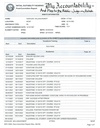
|
2023 apr 5
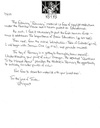
|
2023 mar 19
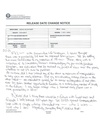
|
2023 mar 5
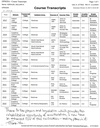
|
2023 mar 5
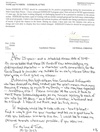
|
2023 mar 5
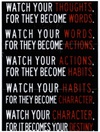
|
More... |

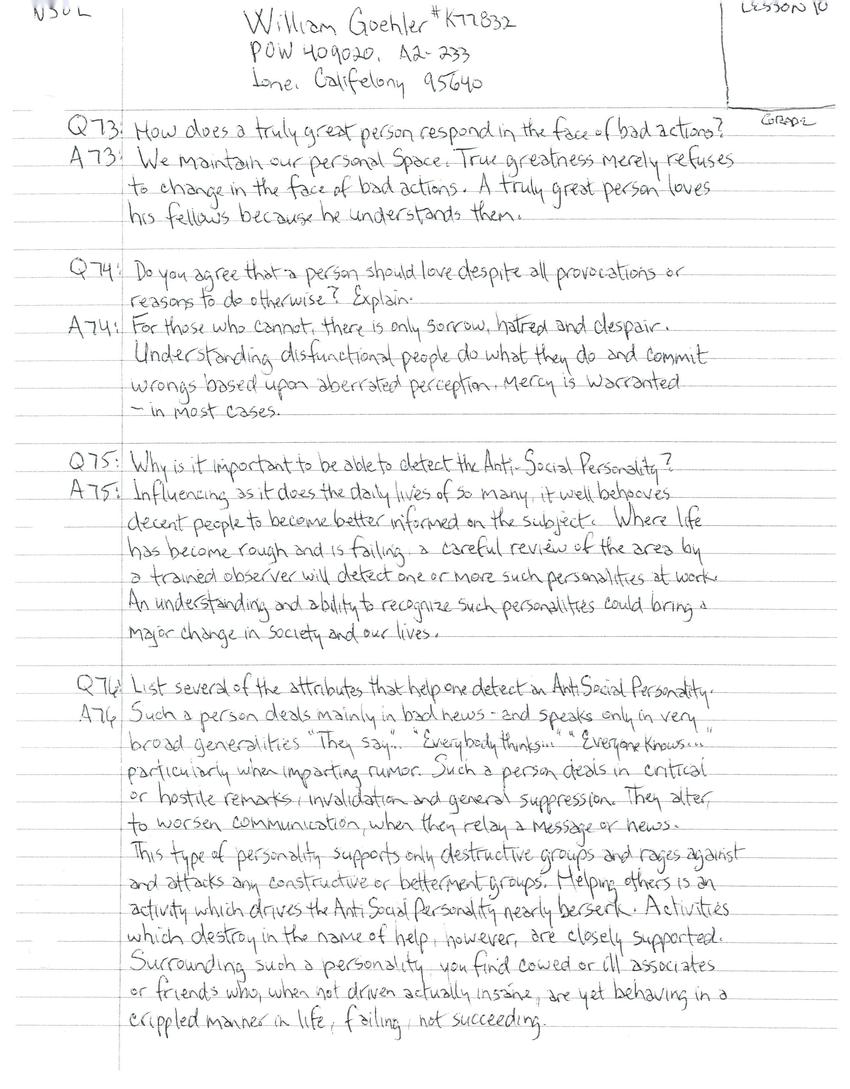
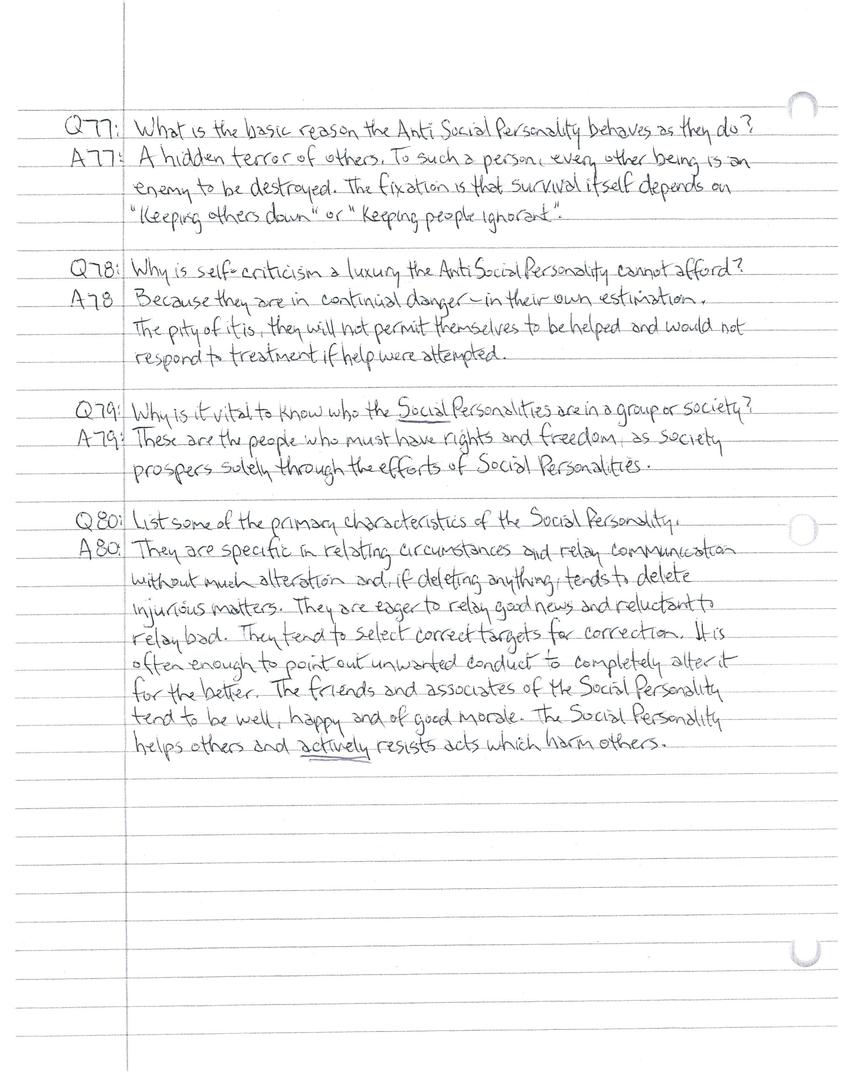
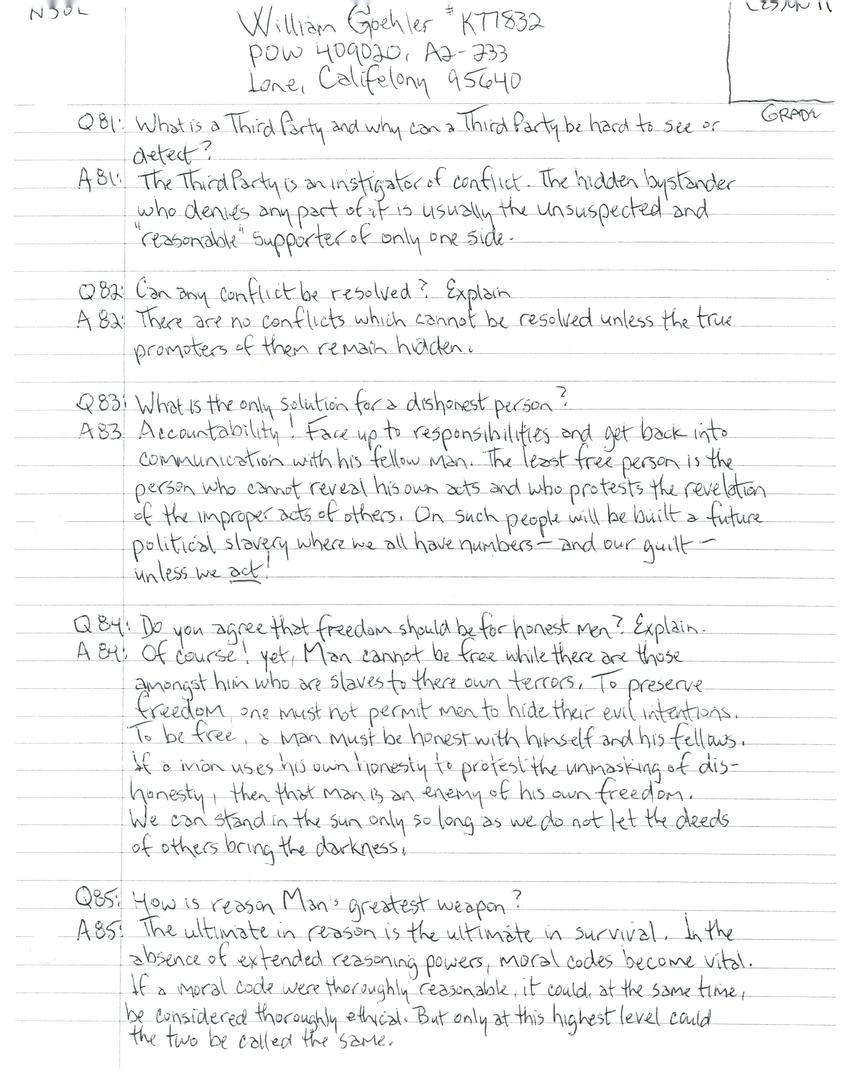
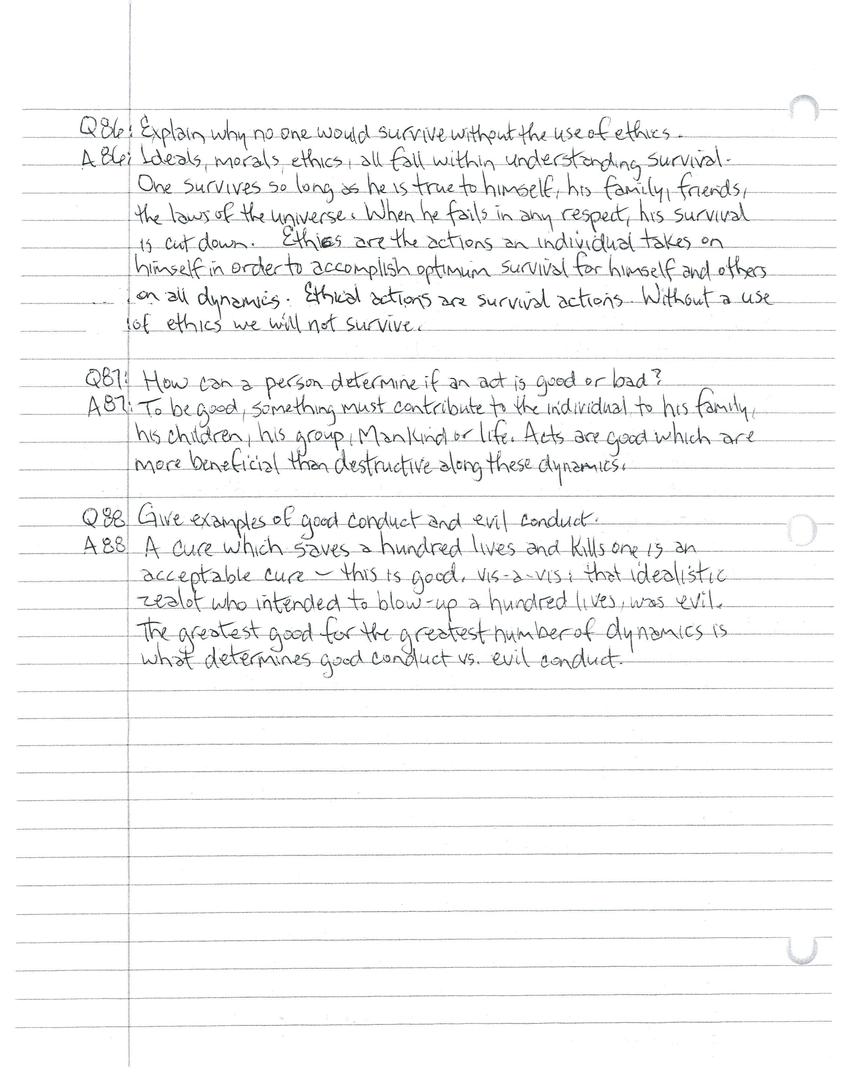
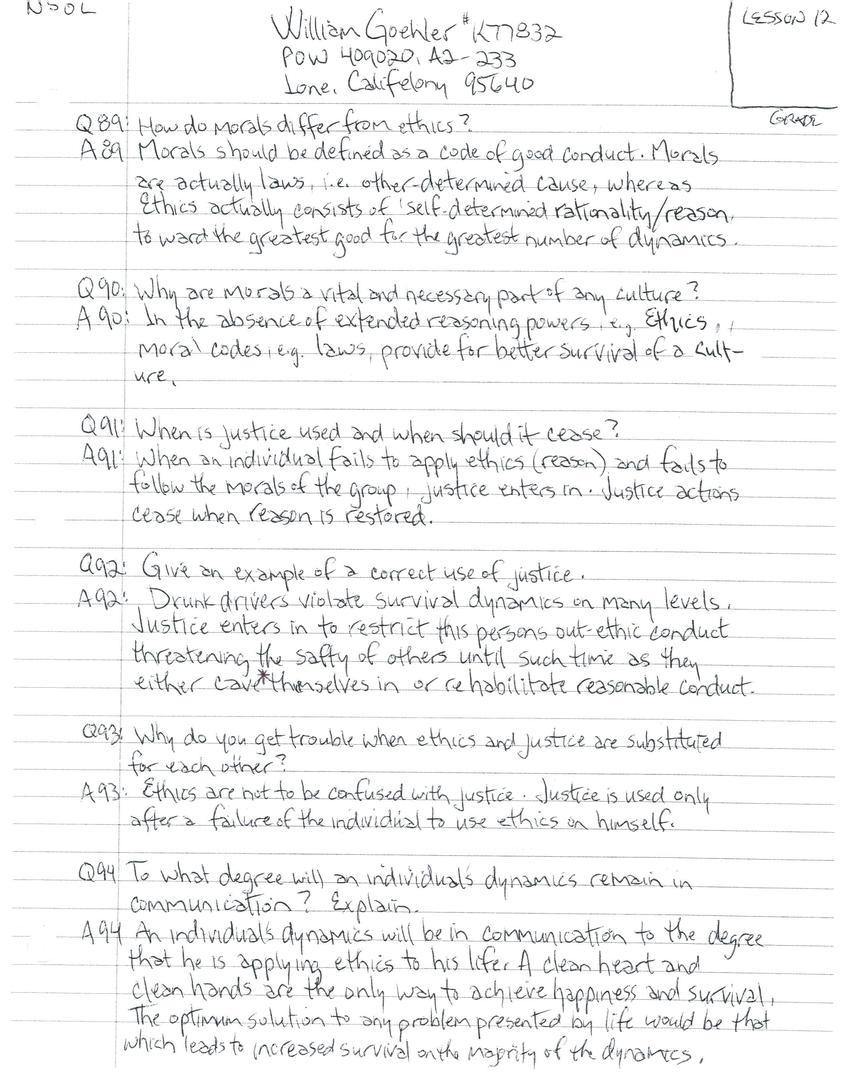
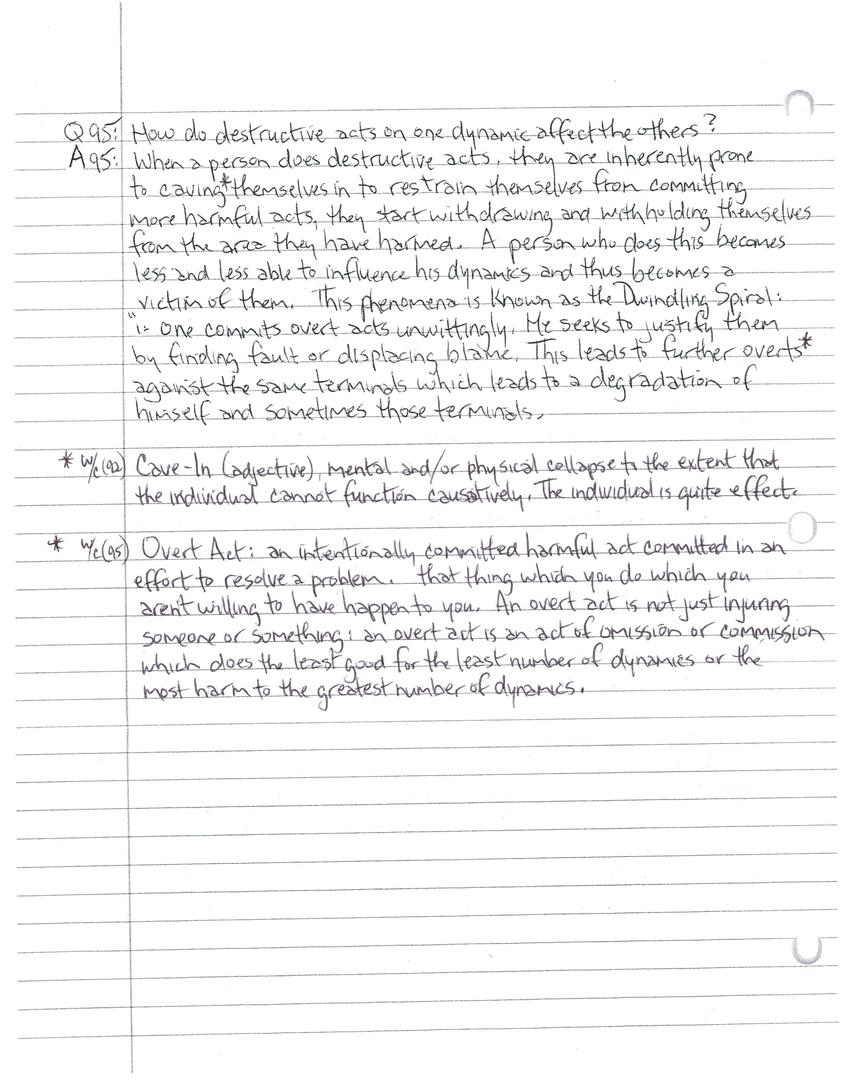
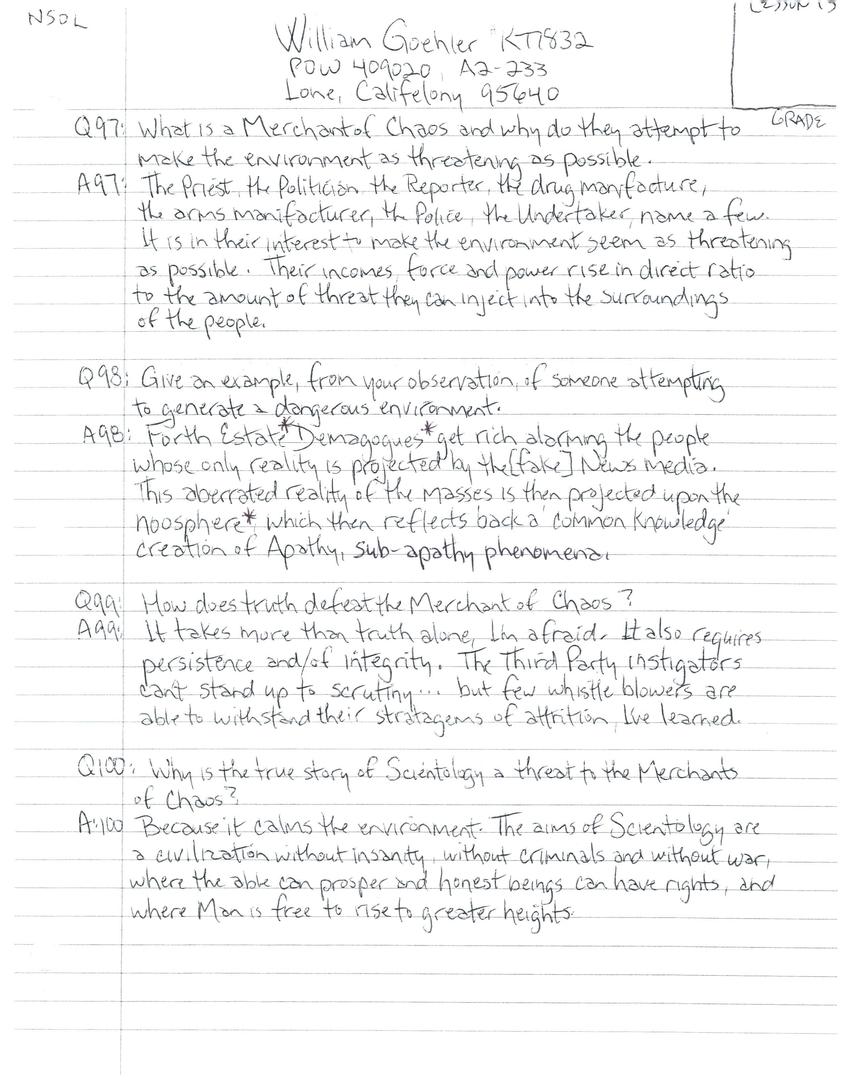
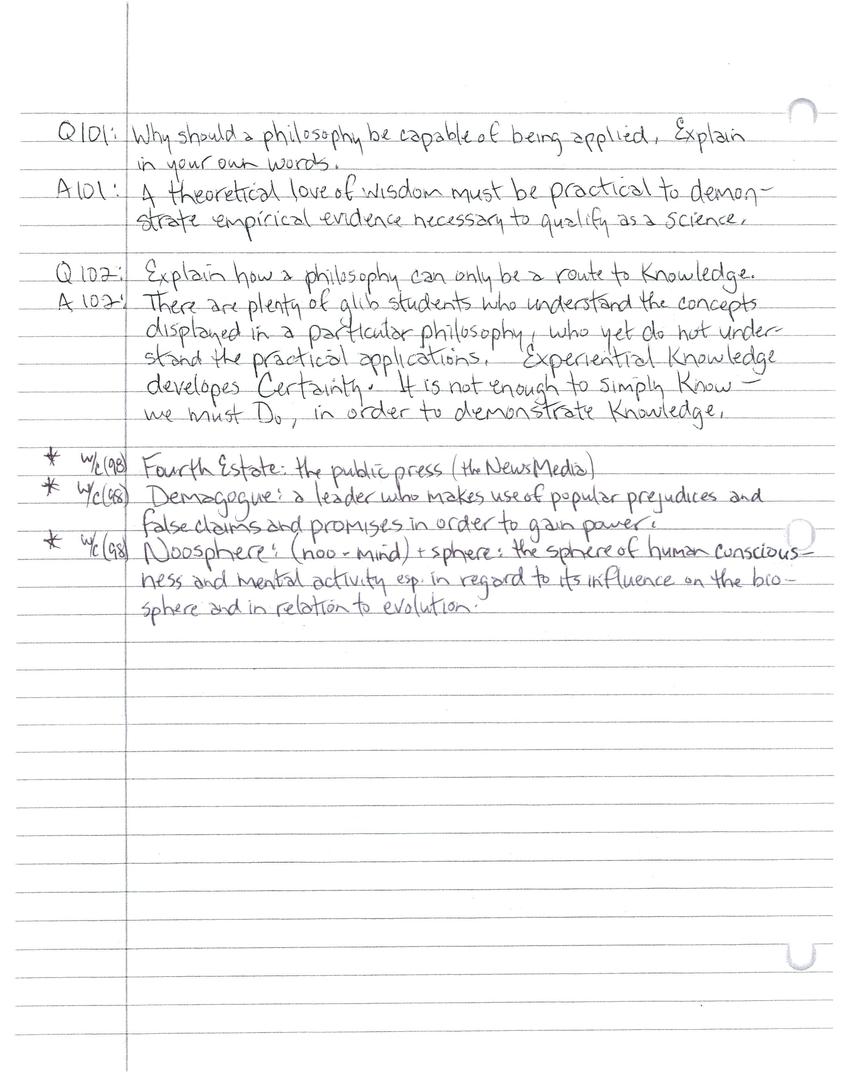
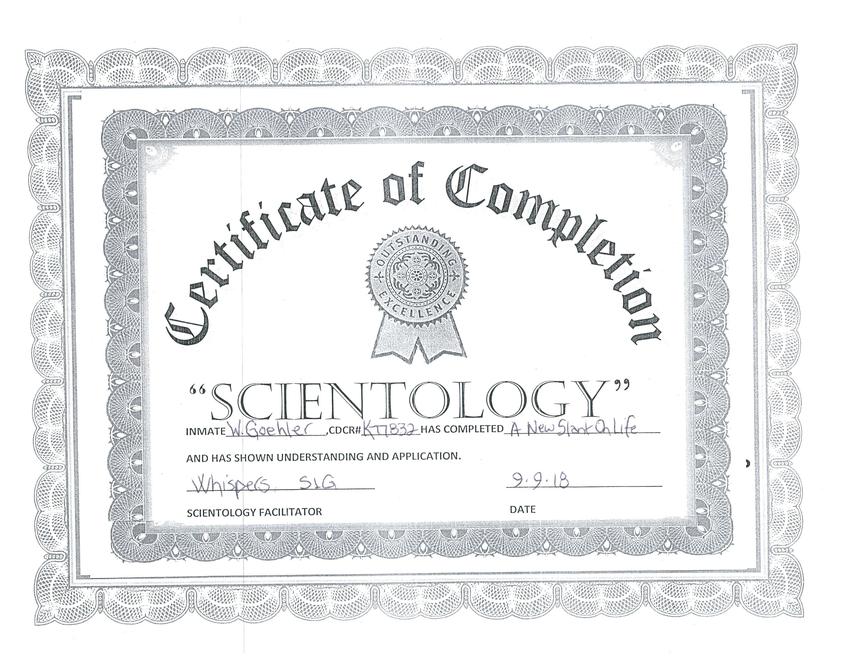

Replies